
The Olympia girl!
This is an article from Rachel Corrie’s Journals “Let Me Stand Alone”, in her 8th martyrdom anniversary. Rachel was crushed to death by an Israeli bulldozer when she tried to stop the demolishing of a Palestinian home in Gaza.
Here is a message from her parent in this anniversary.
I would like to share with you one of her articles.
February 7, 2003
I have been in Palestine for two weeks and one hour now, and I still have very few words to describe what I see. It it most difficult for me to think about what’s going on here when I sit down to write back to the United States. Something about the virtual portal into luxury. I don’t know if many of the children here have ever existed without tank-shell holes in their walls and the towers of an occupying army surveying them constantly from the near horizons. I think, although I am not entirely sure, that even the smallest of these children understand that life is not like this everywhere. An eight-year-old was shot and killed by an Israeli tank two days before I got here, and many of the children murmur his name to me: Ali-or point at the posters of him on the walls. The children also love to get me to practice my limited Arabic by asking me “Kaif Sharon?” “Kaif Bush?” and they laugh when I say “Bush Majnoon” “Sharon Majnoon” back in my limited Arabic. (How is Sharon? How is Bush? Bush is crazy. Sharon is crazy.) Of course this isn’t quite what I believe, and some of the adults who have the English correct me: Bush mish majnoon… Bush is a businessman. Today I tried to learn to say “Bush is a tool,” but I don’t think it is translated quite right. But anyway, there are eight-year-olds here much more aware of the workings of the golbal power structure than I was just a few years ago- at least regarding Israel.
Nevertheless, I think about the fact that no amount of reading, attendances at conferences, documentary viewing, and word of mouth could have prepared me for the reality of the situation here. You just can’t imagine it unless you see it- and even then you are always well aware that your experience of it is not at all the reality: what with the difficulties the Israeli army would face if they shot unarmed U.S. citizen, and with the fact that I have money to buy water when the army destroys wells, and the fact, of course, that I have the option of leaving. Nobody in my family has been shot, driving in their car, by a rocket launcher from a tower at the end of a major street in my hometown. I have a home. I am allowed to go see the ocean. Ostensibly, it is still quite difficult for me to be held for months or years on end without a trial (this because I am a white U.S. citizen as opposed to so many others). When I leave for school or work I can be relatively certain that there will not be a heavily armed soldier waiting halfway between Mud Bay and downtown Olympia at a checkpoint with the power to decide whether I can go about my business, and whether I can get home again when I’m doing. So, I feel outrage at arriving and entering briefly and incompletely into the world in which these children exist, I wonder conversely about how it would be for them to arrive in my world.
They know that children in the United States don’t usually have their parents shot and sometimes get to see the ocean. But once you have seen the ocean and lived in a silent place, where water is taken for granted and not stolen in the night by bulldozers, and spent an evening when you didn’t wonder if the walls of your home might suddenly fall inward waking you from your sleep, and met people who have never lost anyone- once you have experienced the reality of a world that isn’t surrounded by murderous towers, tanks, armed “settlements,” and now giant metal war, I wonder if you can forgive the world for all the years of your childhood spent exisiting-just existing-in resistance to the constant stranglehold of the world’s fourth largest military apparatus- backed by the world’s only super power- in its attempt to erase you from your home. I wonder what would happen if they really knew.
As an afterthought to all this rambling- I am in Rafah: a city of about 140,000 people, approximately sixty percent of whom are refugees-many of whom are twice or three times refugees. Rafah existed prior to 1948, bbut most of the people here are people-or descendants of people- who were relocated here from their homes in historic Palestine-now Israel. Rafah was split in half when the Sinai returned to Egypt. Currently, the Israeli army is building a fourteen-meter-high wall between Rafah, Palestine, and the border, and carving a no-man’s-land from the houses along the border. 602 homes have been completely bulldozed according to the Rafah Popular Refugee Comittee. The number of homes that have been partially destroyed is greater.
Today I walked on top of the rubble where homes ones stood, Egyptian soldiers called to me from the other side of the border: “Go!Go!” because a tank was coming. And then waving and “What’s your name?” Something disturbing about this friendly curiosity. It reminded me of how much, to some degree, we are all kinds curious about other kids. Egyptian kids shouting at strange women wandering into the path of tanks. Palestinian kids shot from the tanks when they peek out from behind walls to see what’s going on. International kids standing in fornt of tanks with banners. Israel kids in the tanks anynymously- occasionally shouting- and also occasionally waving- many forced to be here, many just aggressive-shoting into the houses we wander away.
In addition to the constant presence of tanks along the border and in the western region between Rafah and settlements along the coast, there are more IDF towers here than I can count. Along the horizon- at the end of streets. Some just army green metal-others these starnge spiral staircases draped in some kind of netting to make the activity within anynymous. Some hidden just beneath the horizon of buildings. A new one went up the other day in the time it took us to do laundry and cross twon twice to hang banners. Despite the fact that some of the areas nearest the border are the orginal Rafah-families who have lived on this land for at least a century-only the 1948 camps in the center of the city are Palestinian-controlled areas under Oslo. But as far as I can tell, there are few, if any, places that are not within the sights of some tower or another. Certainly nowhere invulnerable to Apache helicopters or the cameras of invisible drones we hear buzzing over the city for hours at a time.
I’ve been having trouble accessing news about the outside world here, but I hear an escalation of war on Iraq is inevitable. There is a great deal of concern here about the “reoccupation of Gaza.” Gaza is reoccupied every day to various extents- but I think the fear is that the tanks will enter all the streets and remain here- instead of entering some of the streets and then withdrawing after some hours or days to observe and shoot from the edges of the communities. I went to a rally a few days ago in Khan Younis in solidarity with the people of Iraq. Many analogies were made about the continuing suffering pf the Palestinian people under Israeli occupation and the upcoming occupation of Iraq by the United States-not the war itself- but the certain aftermath of the war. If people aren’t already thinking about the consequences of this war for the people of the entire region, then I hope they will start.
I also hopel you’ll come here. We’ve been wavering between five and six international. The neighborhoods that have asked us for some form of presence are Yibna, Tel al-Sultan, Hi Salaam, Brazil, Block J, Zorob, and Block O, as well as the need for constant night-time presence at a well n the outskirts of Rafah after the Israeli Army destroyed the largest wells (providing half of the water for Rafah, according to the municipal water office) last week. Many of these places have requested internationals to be present at night to attempt to shield houses from further demolition. After about ten p.m. it is very difficult to move at night, because the Israeli Army treats anyone in the streets as resistance and shoots at them. So clearly we are two few.
I continue to believe that my home, Olympia, could gain a lot and offer a lot by deciding to make a commitment to Rafah in the form of a sister- community relationship. Some teachers and children’s groups have expressed interest in e-mail exchanges, but this is only the tip of the iceberg of solidarity work that could be done. Many people want their voices to be heard, and I hink we need to use some of our privilege as internationals to get those voices heard directly in the U.S., rather then through the filter of well-meaning internationals such as myself. I am just beginning to learn from what I expect to be a very intense tutelage in the ability of people to organize against all the odds, and to resist against all odds.
Thanks for the news I’ve been getting from friends in the U.S. I just read a report-back from a friend who organized a peace group in Shelton, Washington, and ws able to be part of a delegation to the large January 18th protest in Washington D.C. People here watch the media, and they told me again today that there have been large protests in the United States and “problem for the government” in the UK. So thanks for allowing me to not feel like a complete Pollyanna when I relatively tell people here that many people in the United States do not support the policies of our government, and that we are learining from global examples how to resist.
My live to everyone. My love to my mom. My love t the cult formerly known as Local Knowledge program. My love to smooch. My love to FG and Barnhair and Sesamees and Lincoln School. My love to Olympia.
Rachel*
*Corrie, R. (2008). Let Me Stand Alone: The Journals of Rachel Corrie. In the Corrie Family (Ed.), February 7,2003. (pp 243-247). London: Granta Books.

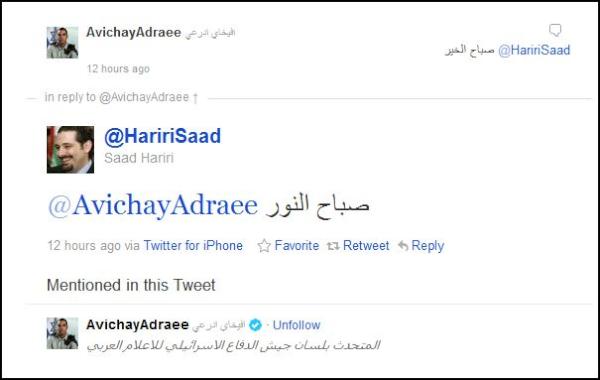
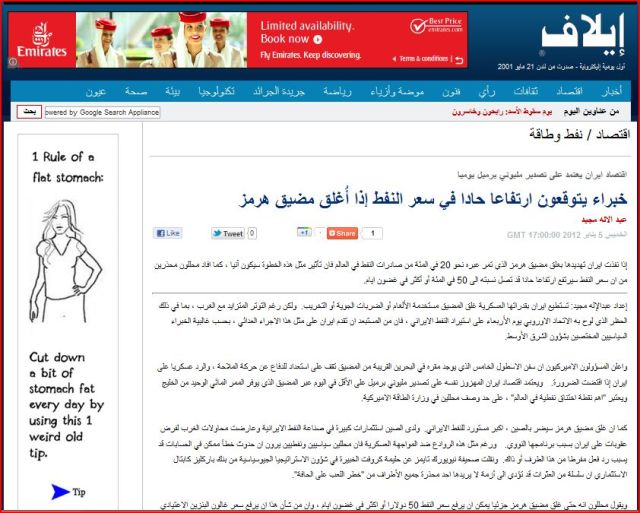




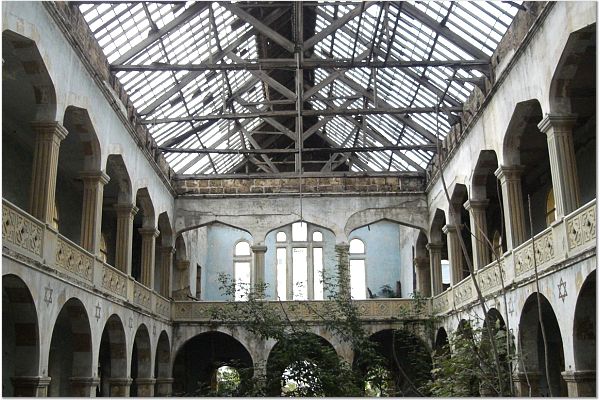

![p20_20081220_pic6.full[1]](https://dohareports.files.wordpress.com/2010/12/p20_20081220_pic6-full1.jpg?w=640)
![p20_20081220_pic3.full[1]](https://dohareports.files.wordpress.com/2010/12/p20_20081220_pic3-full1.jpg?w=640)
![p20_20081220_pic1.full[1]](https://dohareports.files.wordpress.com/2010/12/p20_20081220_pic1-full1.jpg?w=640)
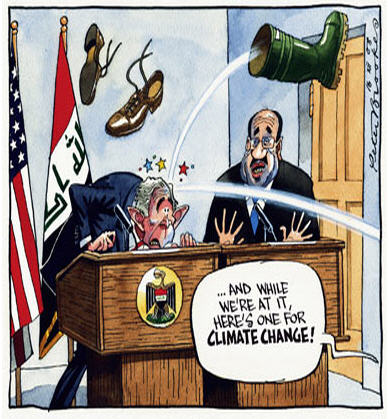


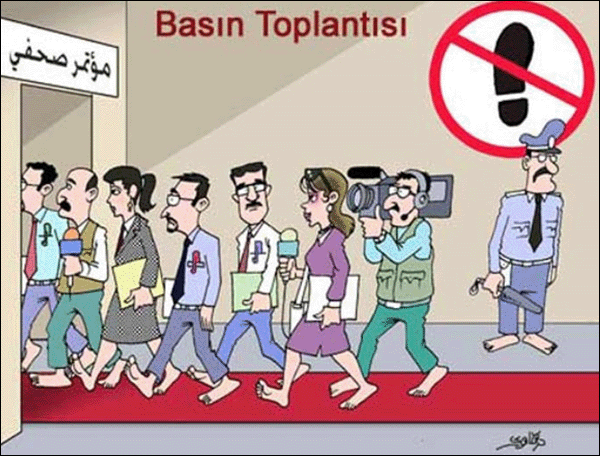





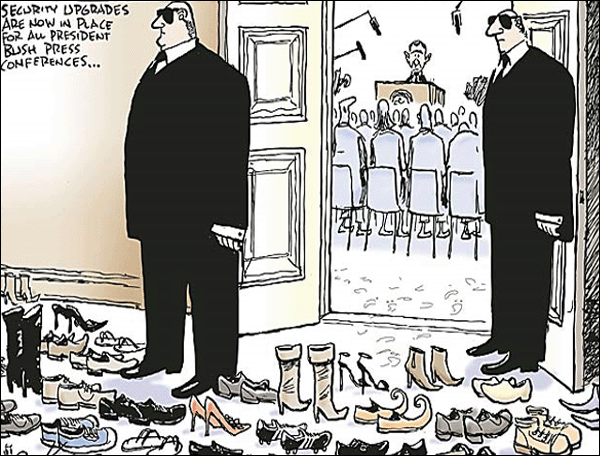
![p20_20081220_pic2.full[1]](https://dohareports.files.wordpress.com/2010/12/p20_20081220_pic2-full1.jpg?w=640)
![p21_20081220_pic3.full[1]](https://dohareports.files.wordpress.com/2010/12/p21_20081220_pic3-full1.jpg?w=640)
![p21_20081220_pic1.full[1]](https://dohareports.files.wordpress.com/2010/12/p21_20081220_pic1-full1.jpg?w=640)
![p20_20081220_pic8.full[1]](https://dohareports.files.wordpress.com/2010/12/p20_20081220_pic8-full1.jpg?w=640)
![p20_20081220_pic5.full[1]](https://dohareports.files.wordpress.com/2010/12/p20_20081220_pic5-full1.jpg?w=640)
![p21_20081220_pic5.full[1]](https://dohareports.files.wordpress.com/2010/12/p21_20081220_pic5-full1.jpg?w=640)
